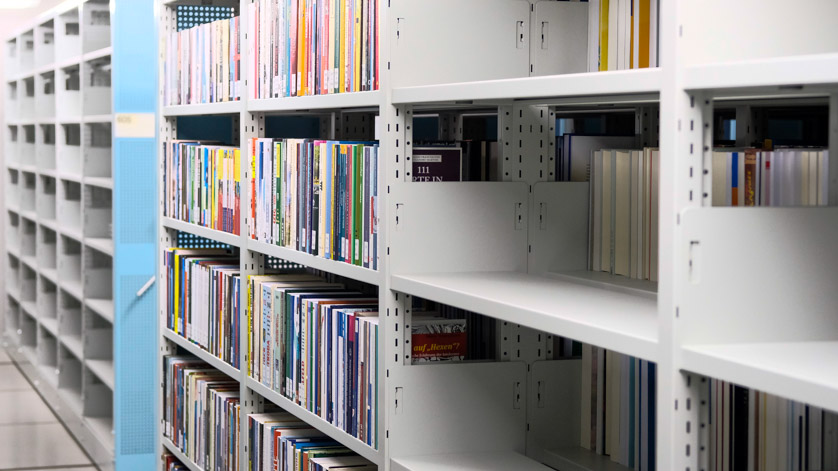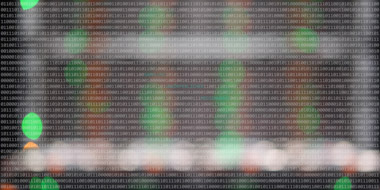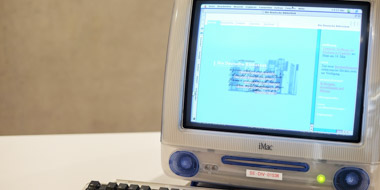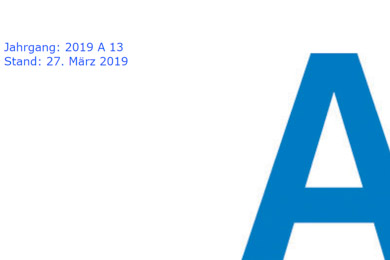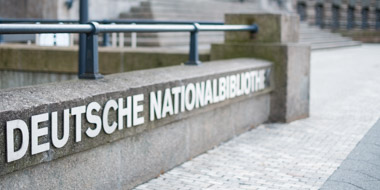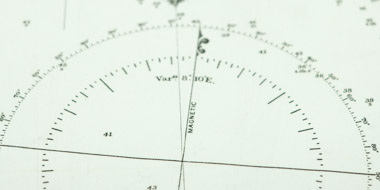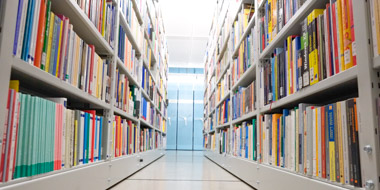Our legal mandate requires us to maintain an unbiased collection comprising
- media works published in Germany,
- German-language media works published abroad,
- foreign translations of German-language media works published abroad,
- so-called Germanica, i.e. foreign-language media works published abroad that relate to Germany,
- printed works compiled or published between 1933 and 1945 by German-speaking emigrants.
The media works covered by the mandate include all physical publications such as books, journals, newspapers, maps, sheet music, standards, musical recordings and audio books. In 2006, our collection mandate was extended to incorporate so-called online publications. These are non-physical publications made available through the internet, for example e-books, e-journals, e-papers, digital audio books, musical performances or websites.
